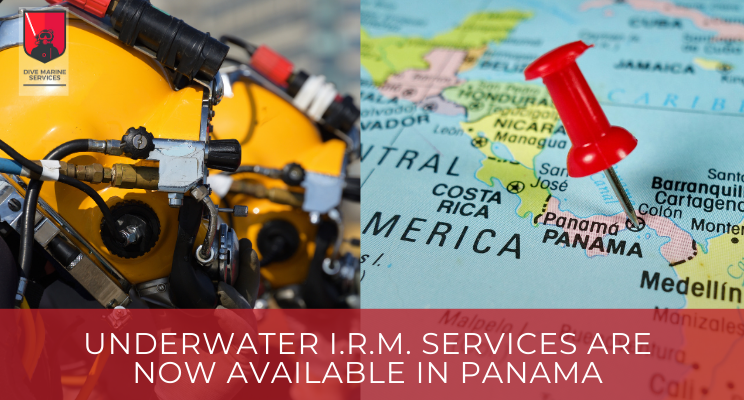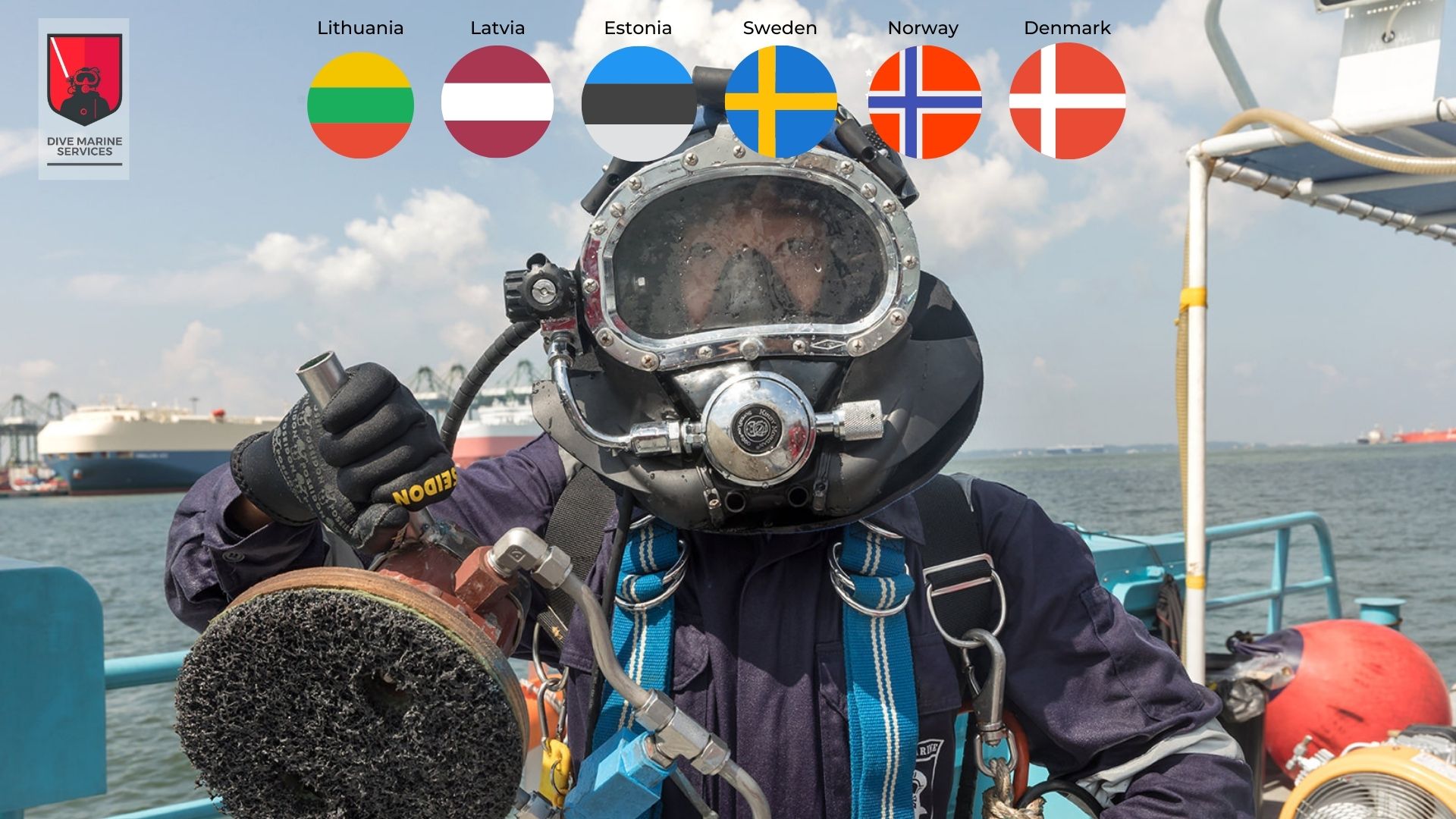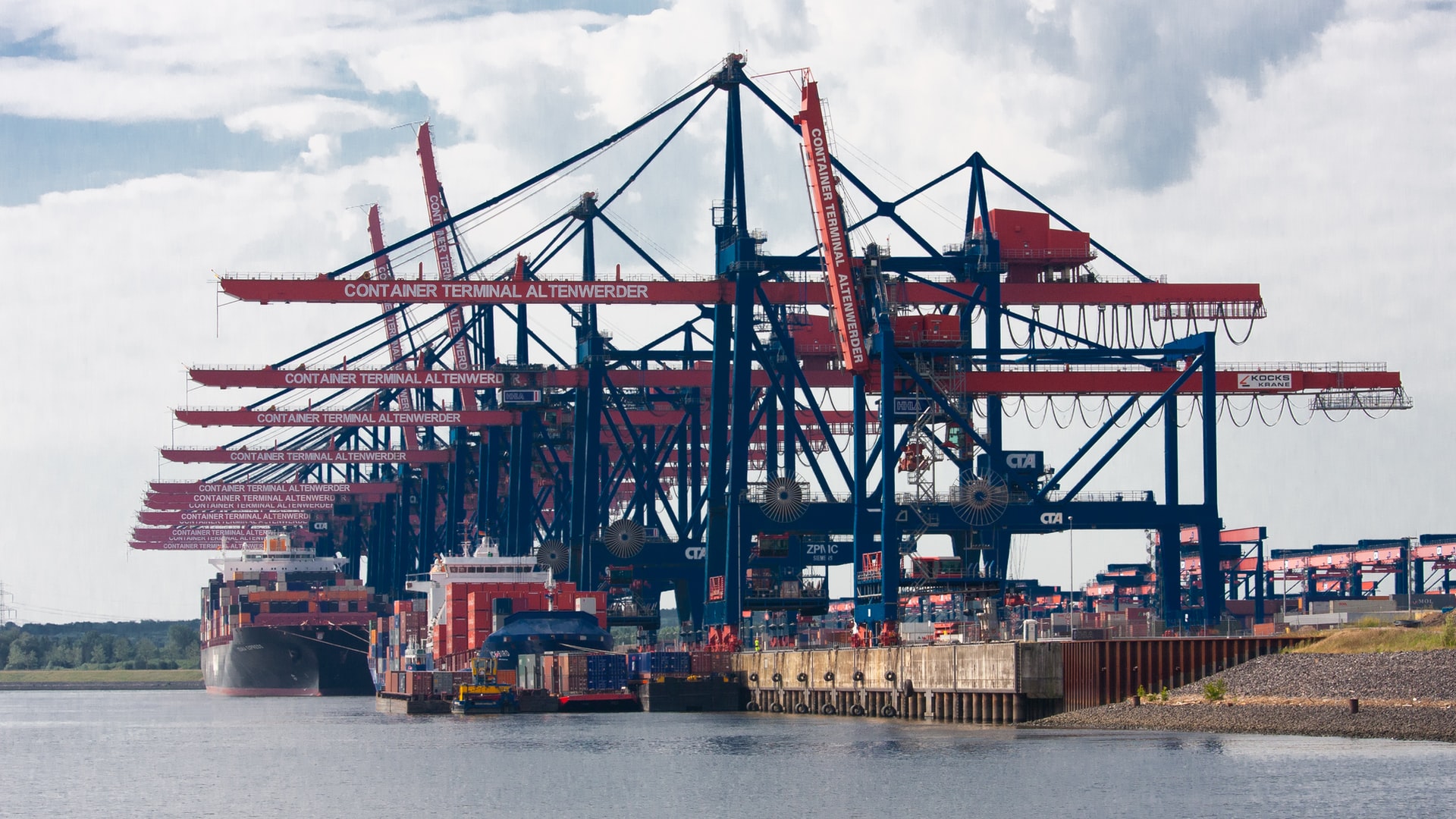This website uses Google Analytics to collect anonymous information such as the number of visitors to the site, and the most popular pages.
Keeping this cookie enabled helps us to improve our website.
.tg {border-collapse:collapse;border-color:#ccc;border-spacing:0;}
.tg td{background-color:#fff;border-color:#ccc;border-style:solid;border-width:1px;color:#333;
font-family:Arial, sans-serif;font-size:14px;overflow:hidden;padding:10px 5px;word-break:normal;}
.tg th{background-color:#f0f0f0;border-color:#ccc;border-style:solid;border-width:1px;color:#333;
font-family:Arial, sans-serif;font-size:14px;font-weight:normal;overflow:hidden;padding:10px 5px;word-break:normal;}
.tg .tg-buh4{background-color:#f9f9f9;text-align:left;vertical-align:top}
.tg .tg-0lax{text-align:left;vertical-align:top}
| Cookie Name |
Provider / Domain |
Duration |
Description |
dmgroupservices.com
| _ga |
dmgroupservices.com |
2 years |
Google Analytics to store and count pageviews. |
| _ga_* |
dmgroupservices.com |
1 year |
Google Analytics to store and count pageviews. |
| _gid |
dmgroupservices.com |
1 day |
This cookie is used for Google Analytics to store and update a unique value for each page visited. |
| _gat_* |
dmgroupservices.com |
1 minute |
This cookie shows the length of the period at which a service can store and/or read certain data from your computer by using a cookie. |







